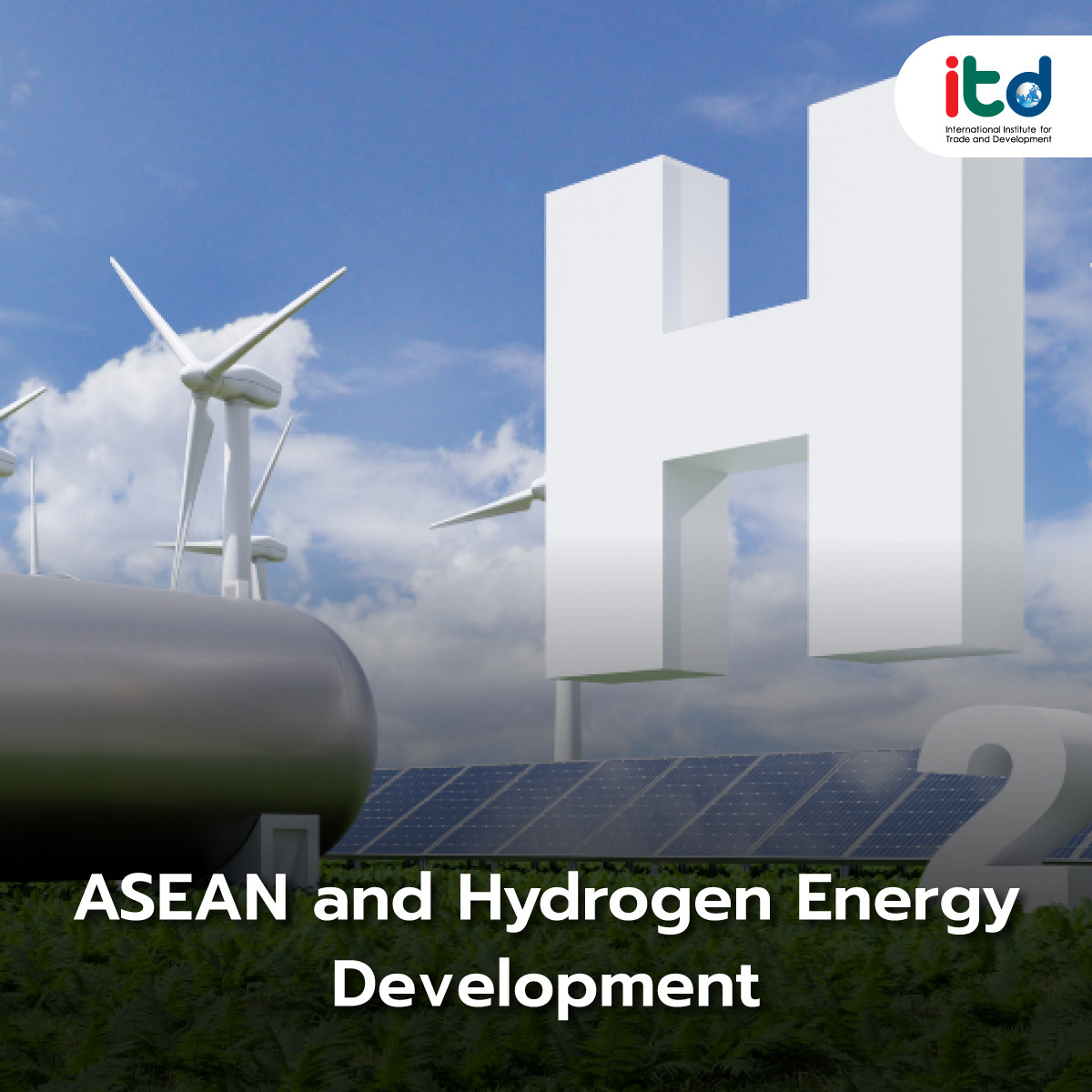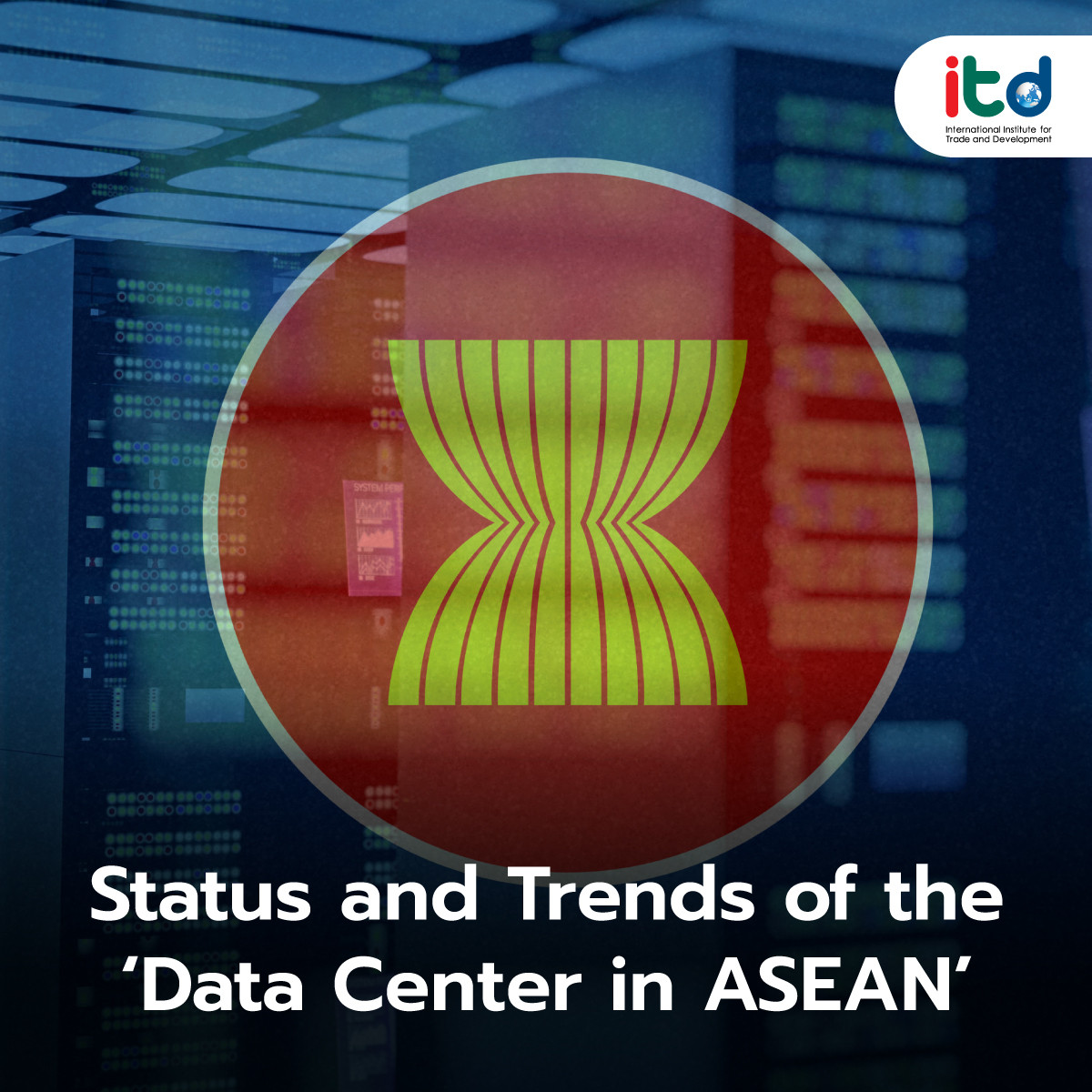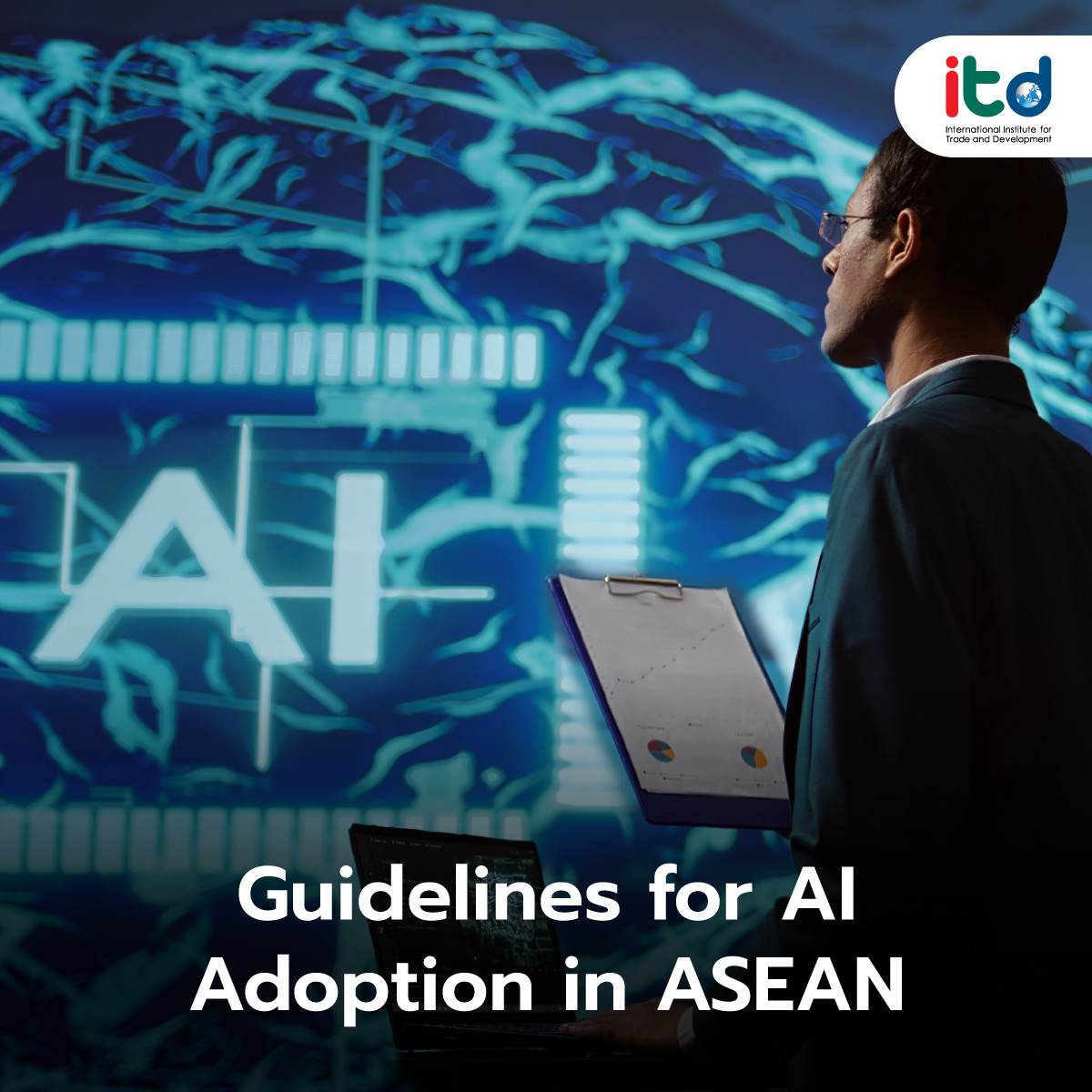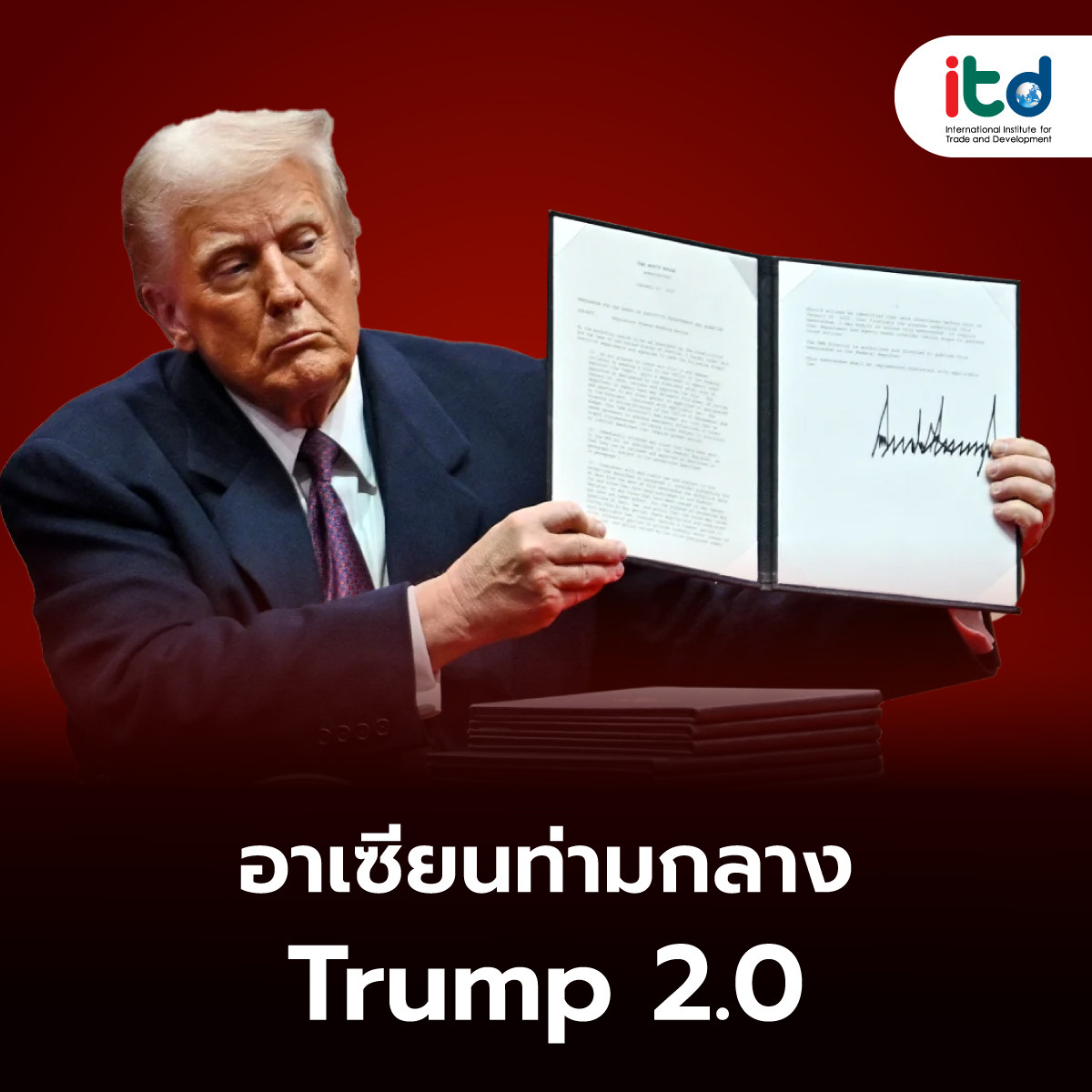About Documents
ASEAN is emerging as one of the world’s largest economies, with PwC predicting in its “The World in 2050” report that ASEAN will become the 4th largest by 2050. Such economic growth in ASEAN will inevitably lead to a surge in energy demand. Amidst the transition to clean energy, hydrogen energy is a promising alternative. When burned, it produces only water, posing no harm to the environment. Moreover, its main raw material is “water,” an abundant resource. Hydrogen energy, therefore, has high potential to meet ASEAN’s growing energy needs sustainably in the long run.
The 2023 Hydrogen Economy Outlook report also predicts that the cost of producing green hydrogen will decrease by 85% by 2050, making it competitive with fossil fuels in various sectors, such as transportation and industry. Hydrogen energy is thus one of the energies with high potential to meet ASEAN’s increasing energy demand sustainably in the long term.
ASEAN is fully embracing the hydrogen era, with each country accelerating the development of related policies and projects to reduce greenhouse gas emissions and ensure energy security. Although still in its early stages and with a relatively small share compared to other clean energy sources, ASEAN countries are committed to promoting hydrogen as a crucial clean energy source for the future.
Singapore aims to become a global hub for hydrogen trade and innovation. It is testing hydrogen imports and developing production and storage technologies. Vietnam has a national hydrogen strategy, aiming to produce large quantities of hydrogen for use in various sectors such as electricity, fertilizer, and steel.
Malaysia focuses on developing blue hydrogen from natural gas and plans to produce green hydrogen from renewable energy in the future. Indonesia is studying the feasibility of producing green hydrogen from hydropower and solar energy, along with plans to develop hydrogen infrastructure. The Philippines and Brunei have also begun to show interest and are exploring the possibilities of hydrogen development.
Thailand has formulated a hydrogen development plan and has a pilot project called Hydrogen Valley to study the production and use of hydrogen in the industrial and transportation sectors. Thailand has potential in hydrogen energy because it has high potential for electricity generation from renewable energy, including solar, wind, and biomass, which can be used to produce green hydrogen in large quantities. Thailand’s natural resources that are conducive to renewable energy production enable lower production costs for green hydrogen in the future.
For the development of hydrogen energy in ASEAN to be successful and sustainable, cooperation at various levels is necessary, including regional, international, and between the public and private sectors. Regarding regional cooperation, ASEAN’s clean energy policy emphasizes the use of clean energy and reducing greenhouse gas emissions through the development of renewable energy, of which hydrogen is a part. ASEAN has set a target to increase the use of renewable energy in the region to 23% by 2025 and supports research and development on hydrogen energy. ASEAN should exchange knowledge and technology, develop common standards, and promote joint investment in hydrogen projects.
In terms of international cooperation, ASEAN should strengthen cooperation with other countries with hydrogen potential, such as Japan, South Korea, and Australia, to exchange experiences and technology, as well as attract foreign investment. For public-private cooperation, the government should create an environment conducive to private sector investment in the hydrogen industry through measures such as investment promotion, tax reductions, and subsidies.
Although the path to a hydrogen society for ASEAN may still be long, ASEAN’s progress in hydrogen energy development demonstrates its commitment to jointly create a sustainable future. With appropriate investment and policy development, hydrogen energy will not only be an alternative to reduce greenhouse gas emissions but also a crucial driving force for the sustainable development of ASEAN’s economy and society in the future.
Author:
Ms. Warunya Yossai
Senior Researcher
International Institute for Trade and Development (Public Organization)
www.itd.or.th
Publication: Bangkok BIZ Newspaper
Section: First Section/World Beat
Volume: 37 Issue: 12731
Date: Wednesday, September 18, 2024
Page: 8 (bottom-left)
Column: “Asean Insight”






